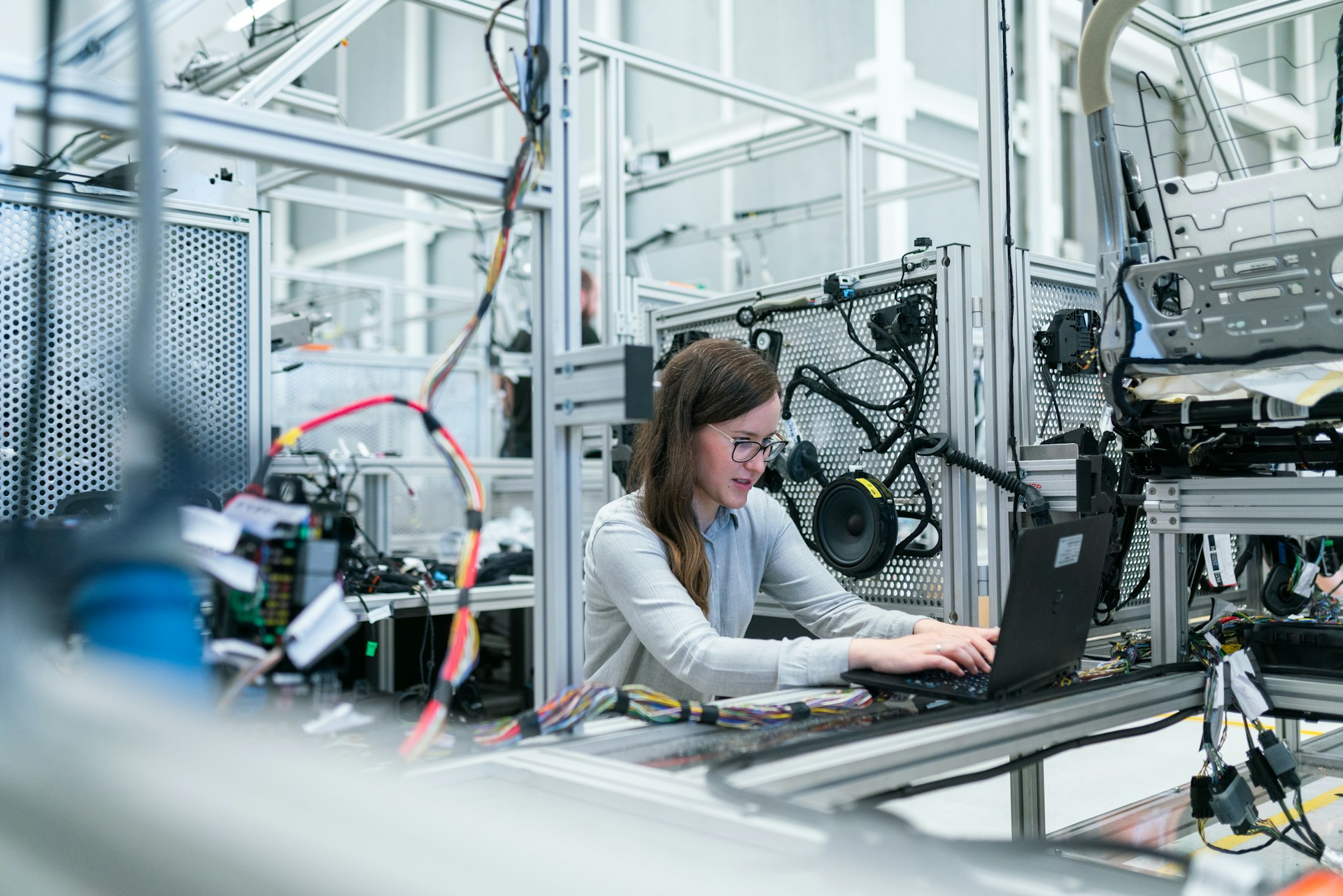Essay on The Impact of Technology on Your Life
-

Eseandre Mordi
-
11 Oct 2024

In the 21st century, technology has become an integral part of our daily lives, influencing various aspects from communication to education and entertainment. This essay explores the multifaceted impact of technology on personal life, highlighting both its positive and negative effects. As we navigate this digital age, understanding how technology shapes our experiences and interactions is crucial.
Enhancing Communication
Technology has revolutionized how we communicate with others. In the past, long-distance communication relied on letters or expensive international calls, which were often time-consuming and inefficient. However, with the advent of smartphones and social media platforms, connecting with friends and family has become instantaneous and more accessible than ever.
Moreover, technology has facilitated communication in professional settings. Video conferencing tools like Zoom and Microsoft Teams allow for remote meetings, breaking geographical barriers and enabling teams to collaborate seamlessly. This has proven especially beneficial during the COVID-19 pandemic, where remote work became the norm, allowing businesses to continue operations while ensuring employee safety.
Despite these advantages, the overreliance on technology for communication can lead to a decline in face-to-face interactions. People may find themselves spending more time on their devices rather than engaging in meaningful conversations in person. Balancing digital and personal communication is essential to maintaining healthy relationships.
Transforming Education
The educational landscape has undergone a significant transformation due to technology. E-learning platforms, such as Coursera and Khan Academy, have made it possible for individuals to access a vast array of courses from the comfort of their homes. This democratization of education has empowered learners worldwide, allowing them to acquire new skills and knowledge at their own pace.
Additionally, technology has introduced innovative teaching methods, such as gamification and interactive learning tools. These methods make learning more engaging and enjoyable, catering to diverse learning styles. For instance, students can now use virtual reality simulations to explore complex scientific concepts or historical events, enhancing their understanding and retention of the material.
However, the shift towards online education has also highlighted the digital divide. Not all students have equal access to technology, which can exacerbate existing educational inequalities. Ensuring that all learners have the necessary resources to participate in digital education is crucial for a fair and equitable system.
Impact on Daily Life
The impact of technology on daily life is evident in numerous aspects, from the convenience of smart home devices to the reliance on mobile applications for daily tasks. Smart devices, such as Amazon Echo and Google Home, have simplified everyday tasks by enabling users to control their homes with voice commands. These innovations have made life more efficient and enjoyable, allowing for increased productivity.
Furthermore, technology has transformed how we manage our health and wellness. Wearable devices like Fitbit and Apple Watch monitor physical activity, heart rate, and sleep patterns, providing valuable insights into individual health. This data empowers users to make informed decisions about their lifestyles and promotes a more health-conscious society.
Nevertheless, the constant influx of information and the pressure to stay connected can lead to stress and anxiety. The expectation to respond immediately to messages or notifications can create a sense of urgency that detracts from relaxation and mindfulness. It is important to establish boundaries to prevent technology from overwhelming our daily lives.
Influencing Entertainment Choices
Technology has significantly altered the entertainment landscape, providing an abundance of options at our fingertips. Streaming services like Netflix and Spotify have replaced traditional media consumption, allowing users to access a vast library of films, shows, and music anytime, anywhere. This shift has democratized entertainment, giving rise to diverse content that caters to a variety of tastes and preferences.
Additionally, the rise of social media platforms has enabled aspiring creators to share their work and reach global audiences. Artists, musicians, and filmmakers can now showcase their talents without the need for traditional gatekeepers. This has fostered a vibrant creative community and allowed for the discovery of unique voices.
However, the overwhelming amount of content available can lead to decision fatigue and reduced satisfaction with entertainment choices. The paradox of choice suggests that having too many options can make it challenging to find enjoyment in any single one. Being mindful of consumption habits can help individuals curate a more satisfying entertainment experience.
Conclusion
In conclusion, the impact of technology on our lives is profound and multifaceted. While it enhances communication, transforms education, simplifies daily tasks, and revolutionizes entertainment, it also presents challenges that must be addressed. Striking a balance between leveraging technology's benefits and maintaining healthy boundaries is essential for fostering a fulfilling and well-rounded life in our increasingly digital world. By being mindful of our technology use, we can harness its potential while mitigating its drawbacks, ultimately leading to a more enriched and connected existence.
